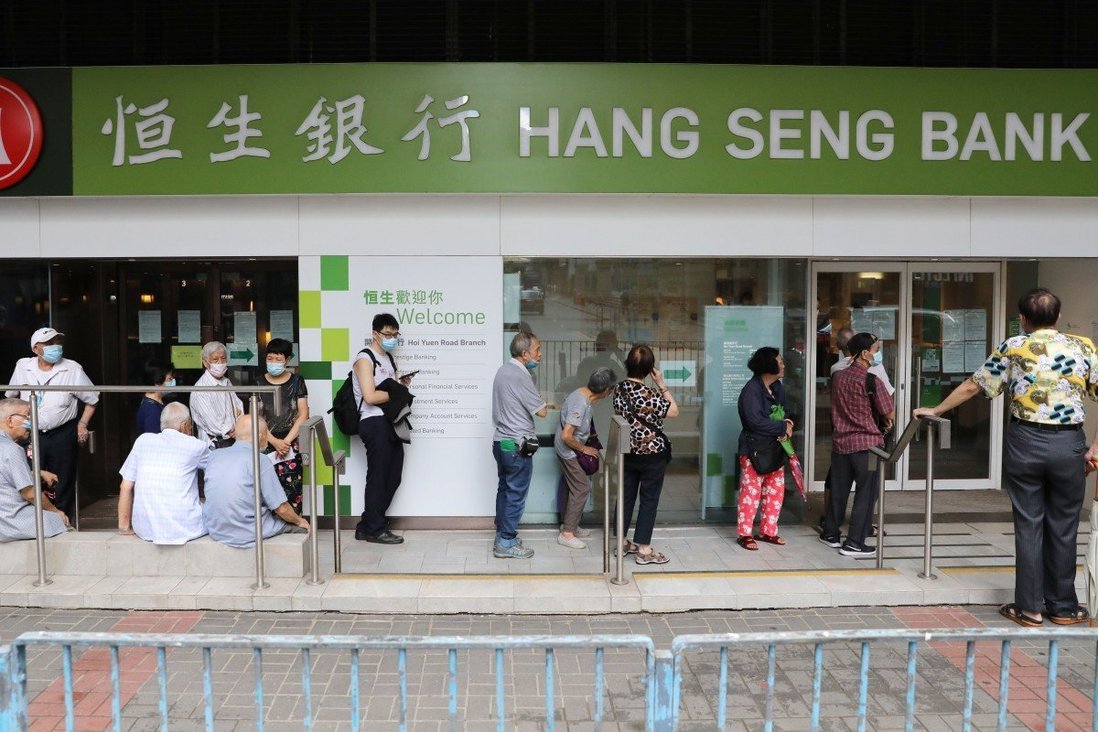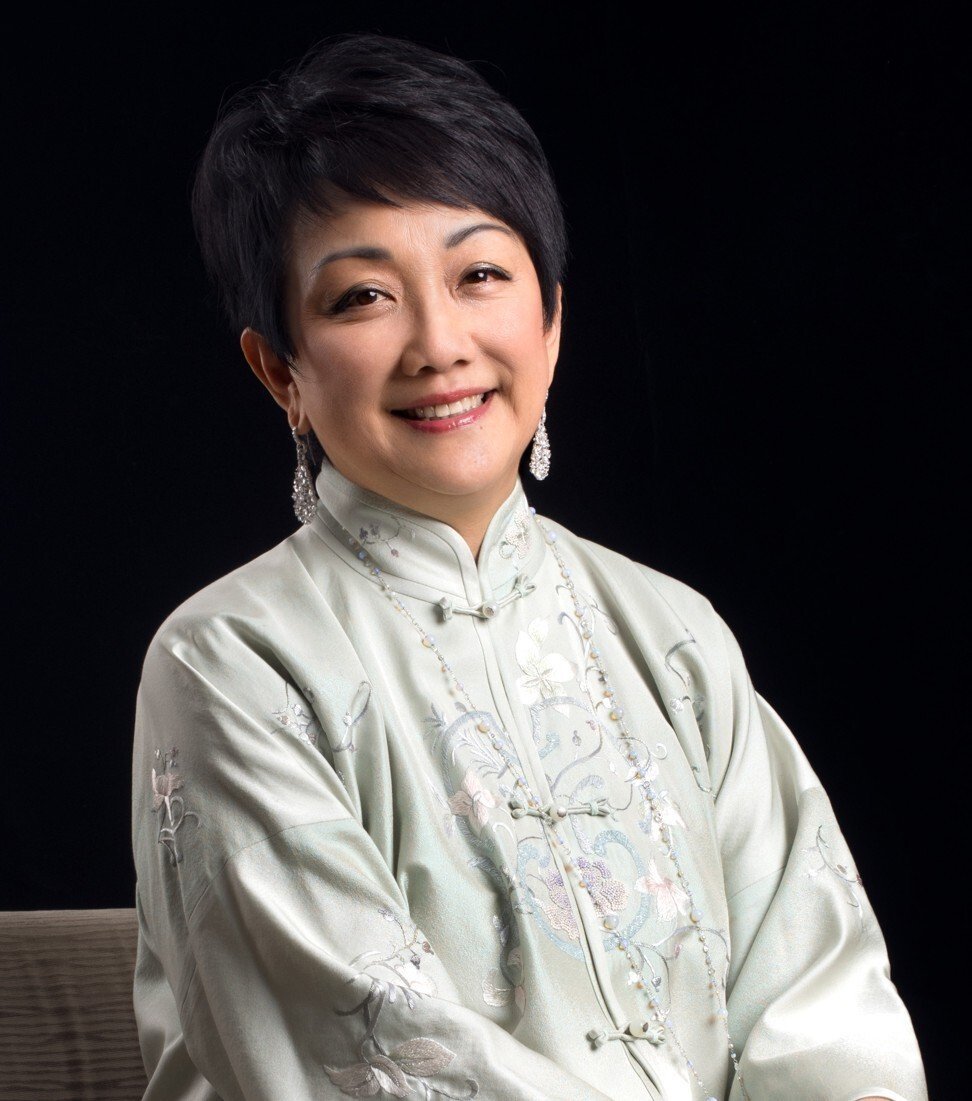Hong Kong News

Hang Seng Bank set to appoint first woman as its chairman
 Hang Seng Bank said it would name the first woman to serve as its chairman since it was founded in 1933.
Hang Seng Bank said it would name the first woman to serve as its chairman since it was founded in 1933.
Hang Seng Bank said on Monday that it would appoint independent director Irene Lee Yun Lien as its chairman later this year, the first woman to serve in the role in the bank’s history.
The Hong Kong lender said Raymond Ch’ien Kuo Fung would retire after 13 years as chairman to devote more time to his other commitments and interests following the bank’s annual meeting, which is expected in the second quarter of this year.
“I am excited to take up the role of chairman at a time when the digital era is bringing major shifts in the banking industry, with services becoming more integrated into customers’ daily lives,” Lee said in a statement. “Hang Seng is a home-grown brand with a unique Hong Kong franchise. Its long history of commitment to the Hong Kong community will never change. In the shorter term, we will do our part to support Hong Kong in putting its economy back on the road to recovery.”
Lee is the executive chairman of Hysan Development Company and a director of HSBC, which holds a 62.1 per cent equity interest in Hang Seng Bank. Lee has served as an independent director of Hang Seng Bank since 2014 and is a member of the Exchange Fund advisory committee of the Hong Kong Monetary Authority.

“Irene will be making history as the bank’s first woman chairman,” Ch’ien said. “Together with its vice-chairman and chief executive Louisa Cheang, Hang Seng will be trailblazing by having two of Hong Kong’s most talented female leaders steering the bank forward, an exciting milestone for the bank’s 88th anniversary this year. Having Irene and Louisa at the helm will provide further inspiration or promotion of diversity in Hong Kong’s corporate leadership.”
In addition to serving as Hang Seng’s chairman, Ch’ien is a justice of the peace, honorary president of the Federation of Hong Kong Industries and an independent director of China Resources Power Holdings Company and Swiss Re.
The appointment of Lee comes as gains by women on corporate boards slowed in 2020, with an increase of only 0.6 percentage points of board seats among constituents of the MSCI ACWI Index, according to index provider MSCI. Women accounted for 20.6 per cent of directors among MSCI ACWI Index constituents last year.
Hong Kong was one of the few markets globally to see an increase in the number of all-male boards, rising from 32 per cent in 2019 to 37 per cent in 2020, according to MSCI. Mainland China also accounted for 14 of the 25 biggest constituents of the MSCI ACWI Index that had all-male boards.
All-male boards accounted for 31 per cent of constituents of the MSCI Emerging Markets Index in 2020, a decrease from 34.3 per cent in the prior year, according to the November report by MSCI.
Based on the average rate of change between 2017 and 2020, MSCI believes the earliest that women will account for 30 per cent of directors on the MSCI ACWI Index is 2029, and gender parity will be reached among directors by 2045, slower than projected a year earlier.
However, if the average growth rate slows to what it was between 2019 and 2020, diversity progress would be “significantly delayed” with gender parity not reached before 2069, according to MSCI.
Blackrock said in December that it would support more shareholder proposals on climate change and social issues as it tries to use its dominance as the world’s biggest asset manager to enact change, including voting against directors where it believes companies are not moving fast enough. For example, the company said it would push for greater ethnic and gender diversities on corporate boards.











